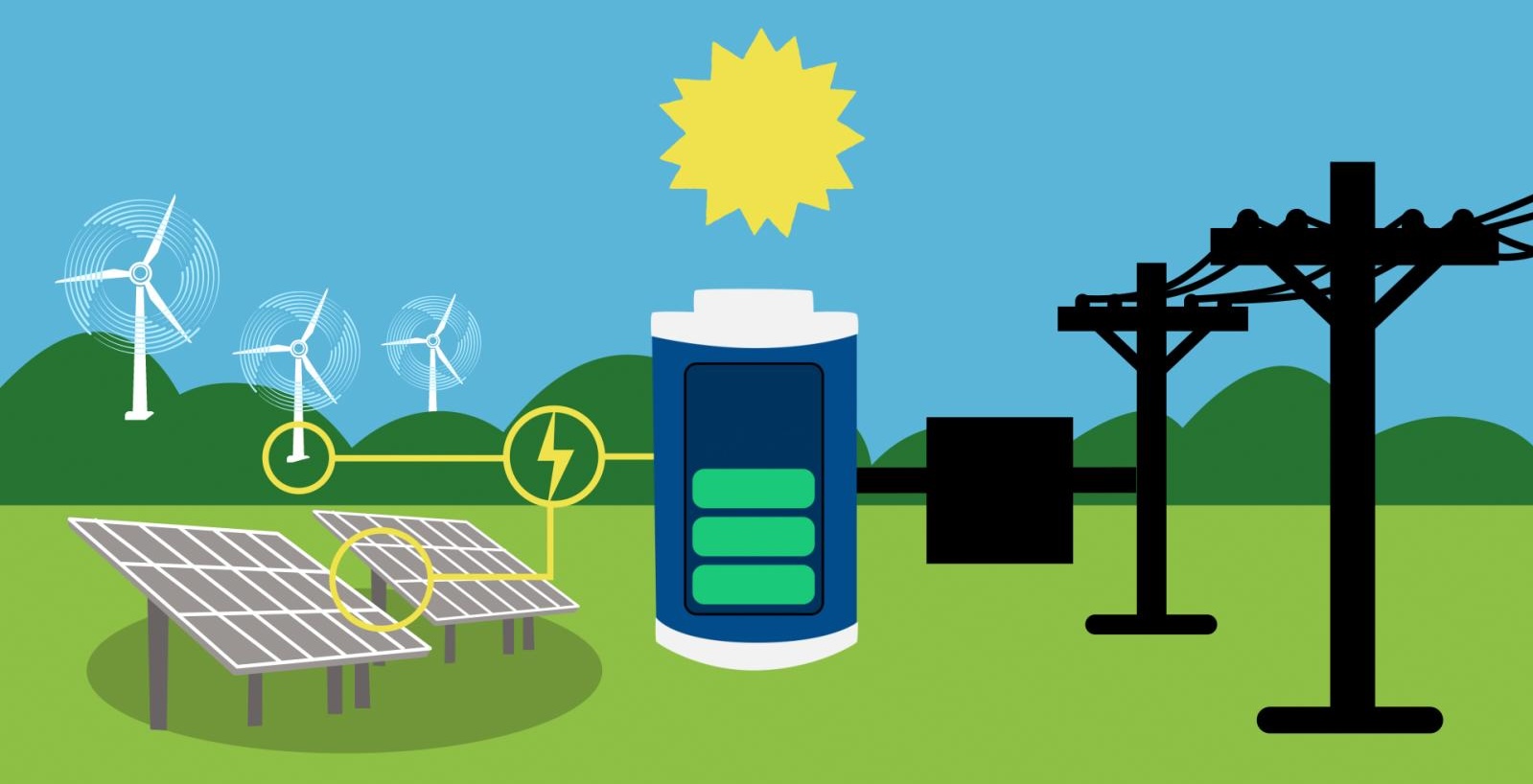It’s reasonable to expect there are a variety of scenarios that fall between the widest differences of view.
For one commuter.
That’s the case for Nanda Nalluri, an emergency services worker living on the Mornington Peninsula, south-east of Melbourne.
Since switching to an electric car a year ago, he has driven more than 37,000 kilometres, mostly commuting for work.
“I’m basically saving, between petrol and servicing, $5,500 to $6,000 a year,” he told the ABC.
“I’m doing easily a 100-kilometre round trip for just a shift, and sometimes it goes up to 200km. Over a week, I can easily do 700km.”
That story the ABC backed up with further cost details and the basis of the estimate. Electric car sales in Australia's outer suburbs take off as commuters pocket 'ridiculous' savings - ABC News
The option is there for any one who sees an issue with the content or the way an article is presented to contact the ABC directly. Without meaningful feedback it will be as it is.
Not the only motivation for purchasing a new motor vehicle. The NRMA guide to the cheapest cars to run is all BEVs. What are the cheapest cars to run? | The NRMA
It’s a more complex decision when we take into account the upfront purchase price. Perceived value, real value and owner needs are put through the blender. We typically ad an emotive comment to our decision making.
For many the choice of model reflects how we perceive ourselves, and/or how we want others to see us.
It’s an incomplete comparison to be looking purely at price points. Some prioritise minimising the impact of minimal carbon emissions. Others on having a plush leather interior, heated seats, and a customised external styling and accessories package. Optionally with a turbo and ICE engine note a critical requirement.
Evidence we spend more than we need is ICE based and BEV come in models at different price points. Most often the lowest standard cheapest vehicle does the same job equally well as the more expensive options. It’s rarely a decision purely on least cost.


/cdn.vox-cdn.com/uploads/chorus_asset/file/25525173/2024Ford_ElectricCapri_15A.jpg)




